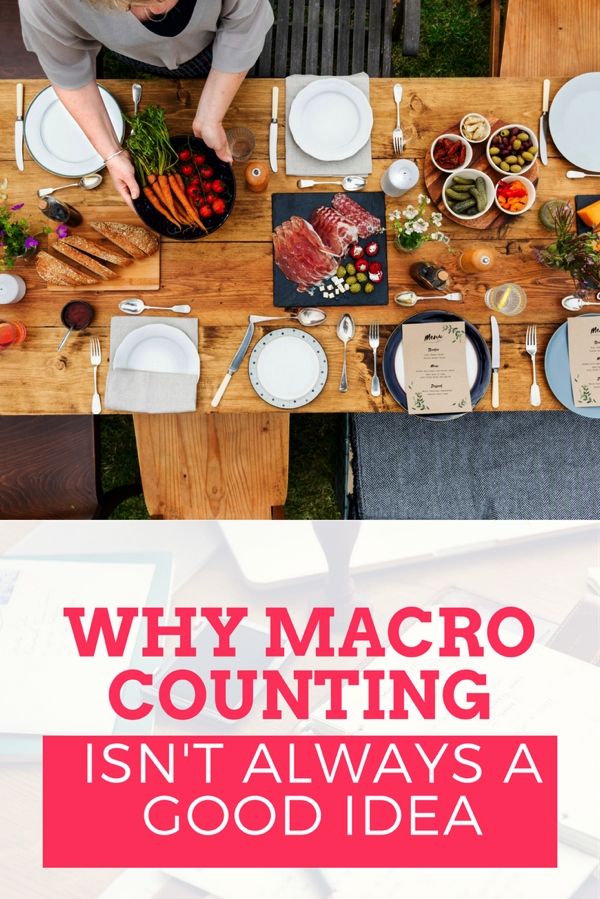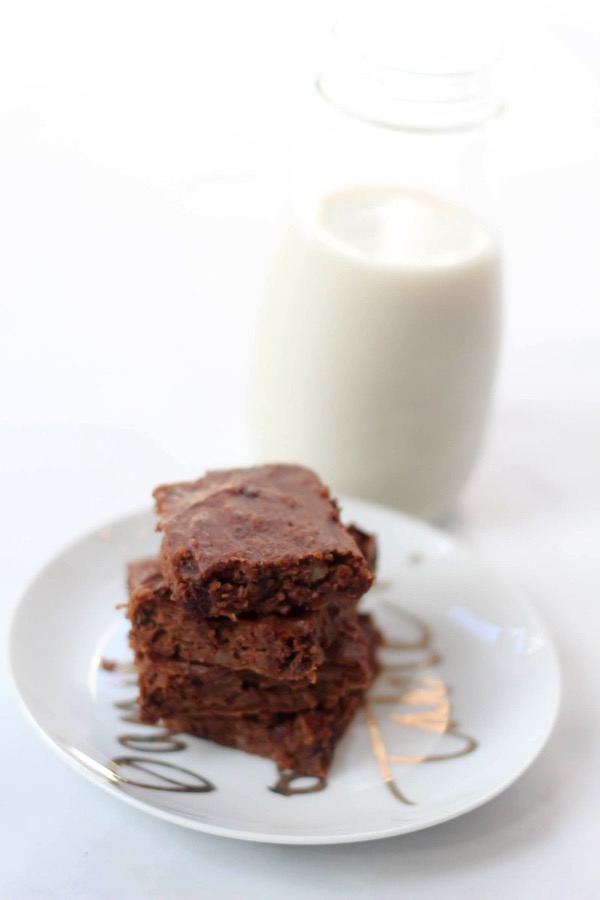Hi friends! How are you? Hope you’re enjoying the morning. We’re hanging out before P’s music class, and I’m excited to teach barre later today.
This post deals with nutrition and dieting strategies; if you think it may be a triggering or uncomfortable subject, please skip this post. For today, I thought we could talk about a popular eating strategy, and one that I’ve loosely followed for years: macro counting. I mentioned in a recent post that I don’t think it’s for everyone and received quite a few questions asking why. I want to start off by saying that I’m NOT a Registered Dietitian. I’m a Certified Personal Trainer and Weight Loss Specialist, but my scope of practice is to give ideas of healthy foods and recipes. I cannot give specific quantities or portion sizes, and if you need help with nutrition, I highly recommend seeking out the experience of a local RD. If you need help finding one, let me know! Please keep this in mind, and remember that the best eating strategy for each unique individual is going to look different across the board.

My history with macro counting:
Back in the day, like way, way back in the day, I counted calories. It was one of the things that helped me lose 40 lbs. during college and keep off the weight. Over time, I transitioned from diet foods to whole foods. Somewhere along the way, I learned about macro counting, which is like an amped-up version of calorie counting. You track your carbs, fat and protein grams each day, and try to keep each set within a specified ratio. The ratios can vary depending on your goals.
When I first discovered macro counting, I liked it. As someone who dabbled in vegetarianism (and had been pescatarian for years), I didn’t do a great job getting enough protein with my meals. Tracking macros helped remind me to get in more protein, but the full version of macro counting was a little too intense for me. (This was before My Fitness Pal existed, which calculates everything for you.) For that reason, I stopped tracking the specific numbers, and simply started tracking the quantities of each type of food I was eating. (I go into more detail in my book, with the precise method that I followed. Each food was quickly jotted down as an “F,” “C,” or “P.”) It took the math work out of macro counting, and gave me a general idea of how I wanted to fuel. This is something I’ve done on and off, and still support this idea if you have super specific nutrition and fitness goals.
My casual macro counting worked well for me, and NOT counting my macros has worked equally well, if not better. I can’t remember the last time I consistently tracked my macros, and think the last time may have been when we were still in San Diego. It works well for some people who thrive on structure and are looking to accomplish precise fitness goals, but it’s not always the best method.
Here are some of the reasons why I don’t think macro counting is a good idea for everyone:
It can take the fun out of food. I feel like anything that turns eating into a math project isn’t extremely sustainable for the long term. This is a huge reason why I made macro counting a lot more lax when I was following it; I like food too much. There was no way I was going to go out with friends or on a date night and think about the macros of what I was eating.

I know there’s a lot of fat in my cheese board and that’s a-ok with me haha. I do think that lax macro counting helped me to remember to include quality protein in my meals. Now, I just make a mental note to get in protein and produce (eat like a PRO) throughout the day.
When you’re tracking macros or calories, I feel like it can hinder your ability to eat intuitively. I know that in my calorie counting days, if I realized I was low towards the end of the day, I’d eat a giant bowl of cereal to make up for it, even if I wasn’t hungry. If I was hungrier that day, I felt like a “failure” for going over a certain amount each day (though I know now that this isn’t true!). Live and learn, eh?
Macro counting overly simplifies food when there is so much more to consider. Let’s just say that a cup of sweet potatoes drizzled with almond butter has the same macro count as a brownie. Even though these numbers are the same, we’re failing to consider the hormonal and physiological effects of choosing the sweet potatoes. Our immune system, hormones, energy levels, and digestion will be completely different. I’m not saying, “Don’t eat the brownie” (because we all need brownies in our life) but that the sweet potato will provide positive nutritional benefits that the brownie doesn’t have.

(You can have the best of both worlds with sweet potato brownies.)
No specific diet strategy is going to work for EVERYONE. Some people thrive on a vegan or vegetarian diet, while others are more energized with meat consumption. Depending on your activity levels and lean muscle mass, you may need more carbs, protein or fat than someone else your age and weight. Some people like tracking meals and calories and it works well for them, while for others, it feels like a food prison. You really have to do what you enjoy, and fuel yourself in a way that energizes you and makes you feel good. Eating when you’re hungry, stopping when you’re full, and eating the things you crave in moderate amounts seem like such simple strategies. It turns out that simple doesn’t always mean “easy.” It really is a bit of a learning process, and my eats have changed so.much over time.
So, tell me friends: do you track macros or anything similar? Or do you go with the flow and stick with an intuitive style of eating?
xoxo
Gina
The post why macro counting isn’t for everyone appeared first on The Fitnessista.
Via Health & Wellness http://www.rssmix.com/
No comments:
Post a Comment